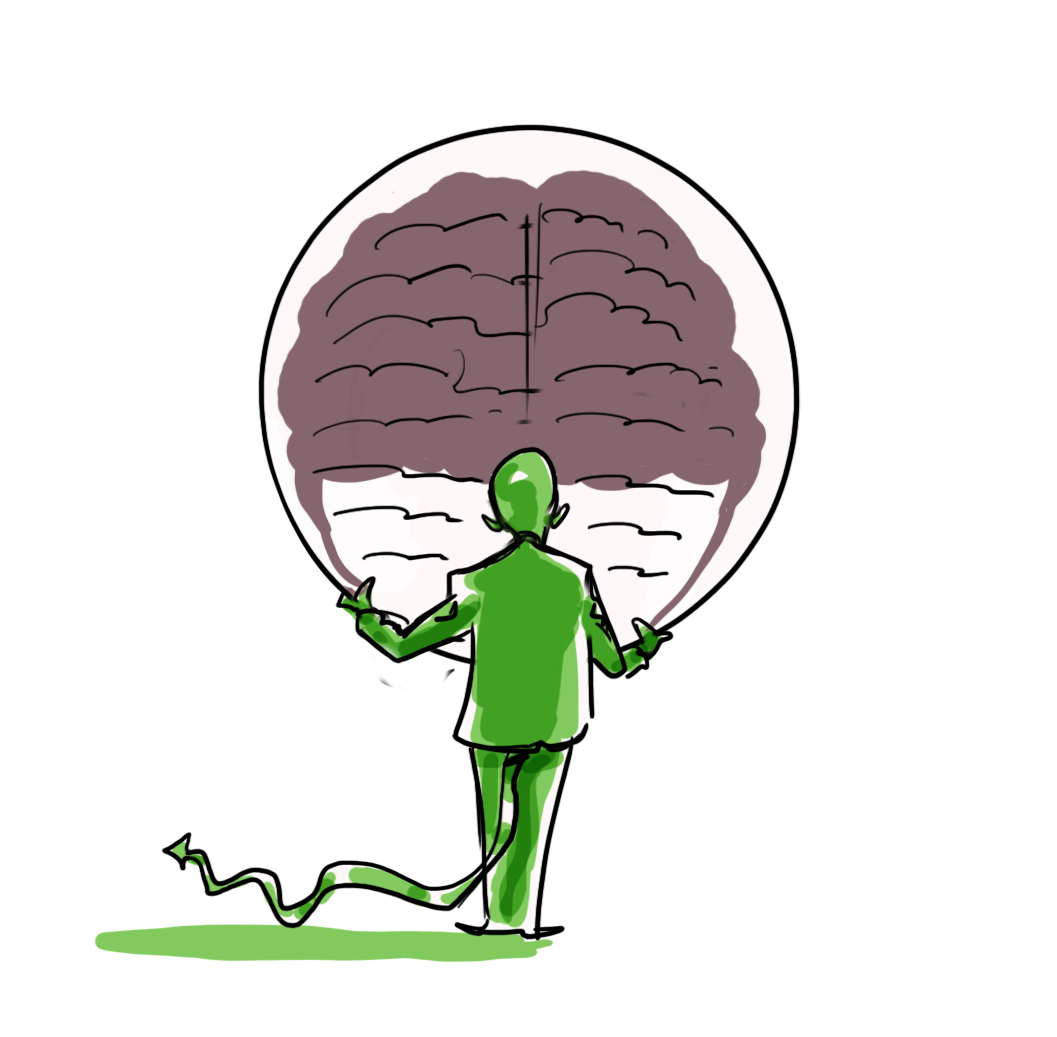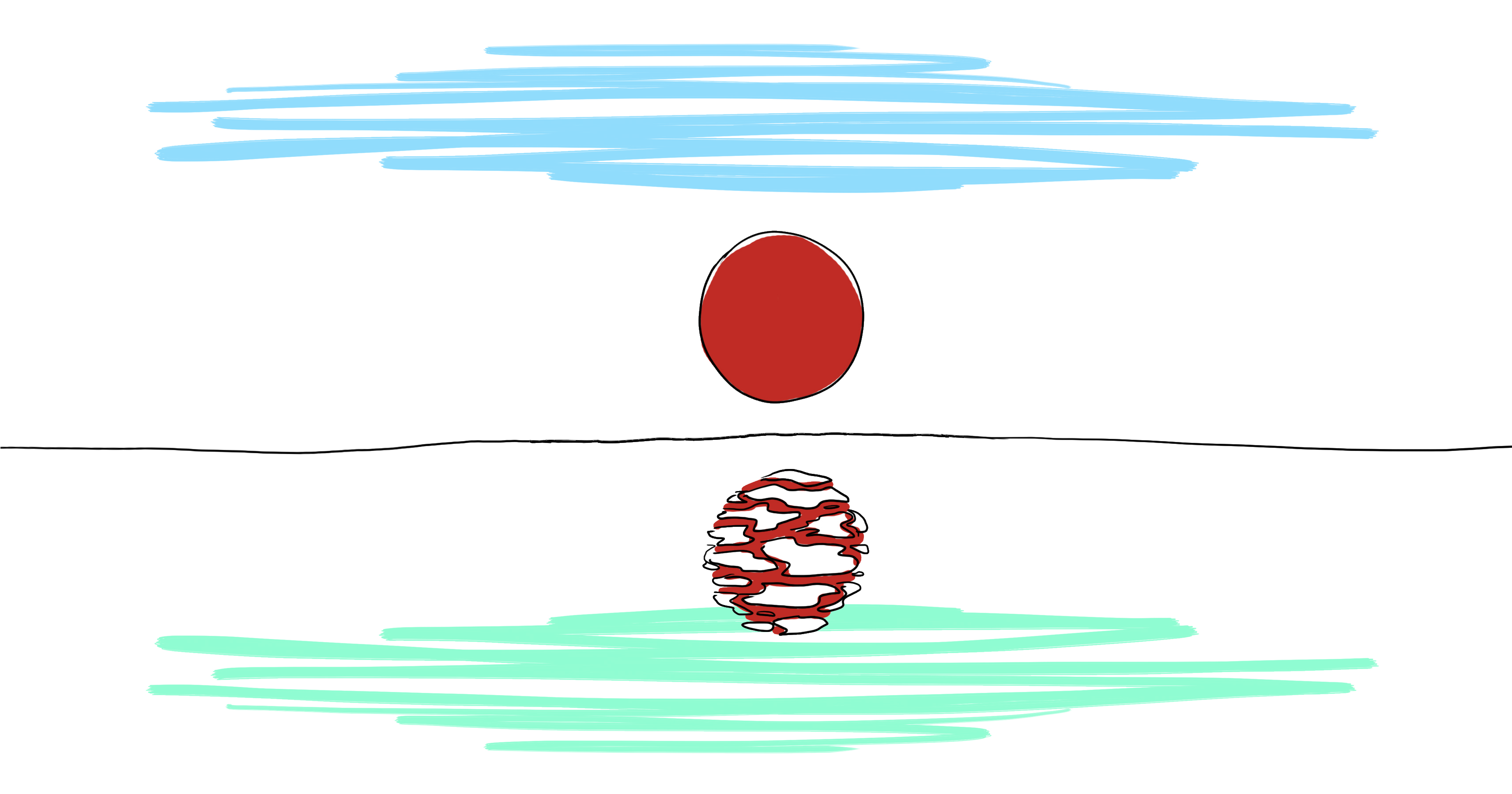In an ever more saturated business world, where barriers to entry have all but disappeared, competitive threats are everywhere, business models change in the blink of an eye and the “new” customer is harder and harder to please, the only resource we, (business) people, can still turn to, to really make a difference, is knowledge.
Knowledge has been described, in organizational learning literature, as a powerful strategic weapon for businesses, which provides the foundation of competitive advantage. If it is true that “(…) knowledge is the product of a learning process which ensures continuous adaptations” (Probst G et al, 1999), then coping with today’s challenges needs to start from it.
Which type of knowledge is however necessary to adapt?
Despite knowledge theory offering plenty of definitions, theories and categories, it is impossible to find a wider agreed “universal list”. This is because we are in the realm of philosophy, where everyone has been developing their own arguments and analysis for centuries. In fact, the study of knowledge is called epistemology, which is indeed a branch of philosophy.
Two of the most known and used categories of knowledge are: a priori (Latin for “from what is before”) and a posteriori (Latin for “from what is after”). The difference between the two is simply experience:
- a priori knowledge is something we know independently of a particular experience: it is universally known, a knowledge often acquired through education (e.g. 1+2 =3).
- a posteriori knowledge is instead based on what we learned through an experience: we live or observe a fact and, by using logic (logos) and reasoning, we make sense of it (e.g. we see the pavement wet when we walk out. We conclude it has rained).
It is logical then to deduce that the two types of knowledge, although opposite, are closely intertwined: the more I learn a priori, the better chances I have to gain a posteriori knowledge, as I will be better equipped to make sense of reality.
Why is this relevant to our times?
Our argument is that there is less and less a priori knowledge, which is causing a very poor level of a posteriori knowledge. And this is dramatically affecting, on a high level, human progress; on a more specific level, our ability to adapt to fast change.
We need to start a new dawn of knowledge
Our opinion is that we are living a polarization of knowledge, despite the access to it is no longer the privilege of the few. Everyone thinks to know enough of any subject, based on a couple of reads from that black hole, which is the Internet. And everyone shares opinions liberally, having found a global stage from where to pontificate dubious truths.
The result is ignorance spread at the nth power.
This is why we choose to become a knowledge company. And this is why we would like to share our story: to reveal how we developed and are still developing substantial value to our clients based on true knowledge.
Our culture and our experience are indeed who we are today. Read More



